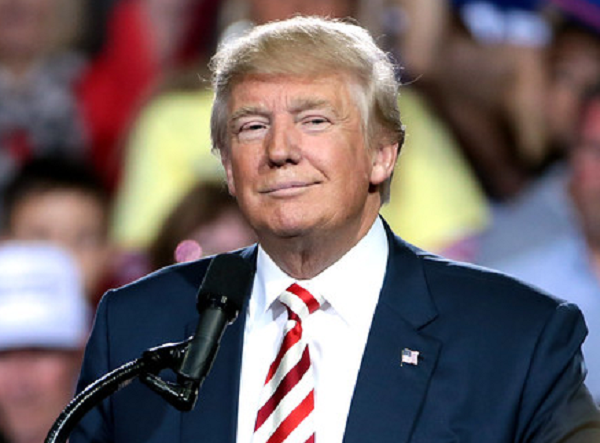The U.S. Supreme Court has ruled in favor of former President Donald Trump’s administration over President Joe Biden’s administration in a case concerning steel tariffs. USP Holdings had appealed, arguing that the Trump administration’s imposition of tariffs was improper, but lower courts rejected the claim. The Biden administration, while acknowledging the tariffs’ potential harm to steel importers, maintained them to avoid economic and political repercussions, citing concerns about layoffs and plant closures in states like Pennsylvania and Ohio.
Former President Trump justified the tariffs under Section 232 of the Trade Act of 1962, allowing restrictions on the importation of goods essential to national security. The move aimed to boost domestic production of critical items like airplanes, ships, and military materials using U.S. steel. The policy created tensions with some U.S. allies, although certain countries were exempted.
In the specific case of USP Holdings Inc. v. United States, the Supreme Court declined the petition without providing a detailed explanation, and no justices dissented from the order. The dispute originated from an investigation initiated by then-Commerce Secretary Wilbur Ross in April 2017, examining whether steel imports posed a threat to national security.
In addition to the steel tariff case, the Supreme Court is expected to address climate change lawsuits in the current term. The Court may decide whether these cases should be governed by state or federal law. Boyden Gray, a legal expert, outlined in an opinion piece for Fox News that federal courts have struggled to reach a consensus on this matter. He highlighted the Supreme Court’s historical stance that disputes involving air and water pollution crossing state lines should be decided under federal law, preventing states from imposing their environmental agendas on others. Gray pointed out that the Court had previously extended this principle in American Electric Power Co. v. Connecticut, where it ruled that claims related to greenhouse gas emissions should be addressed under federal law, ultimately delegating such matters to the Environmental Protection Agency (EPA) under the Clean Air Act.
Gray emphasized that progressive states and cities are now attempting to use state law in climate change lawsuits to circumvent the precedent set by Justice Ruth Bader Ginsburg, who had previously ruled against allowing such claims in federal court.
Gray wrote:
The 2nd Circuit in 2021 dismissed such claims outright in the City of New York v. Chevron Corp. There, New York City sued a handful of energy companies under state law for damages allegedly caused by climate change. The court concluded that “over a century” of Supreme Court precedent makes clear that federal law necessarily applies to lawsuits relating to air pollution that crosses state lines, which includes greenhouse gas emissions. Following AEP, the Second Circuit dismissed the case.
Three of these cases are now before the Supreme Court—the 3rd Circuit’s decision in Delaware v. BP America Inc., the 9th Circuit’s decision in Chevron Corp. v. San Mateo County, and the 10th Circuit’s decision in Suncor Energy (U.S.A.) Inc. v. Board of County Commissioners of Boulder County. The energy companies in each case have asked the court to intervene and resolve both splits, reaffirming that climate change lawsuits are inherently governed by federal law and therefore belong in federal court.






